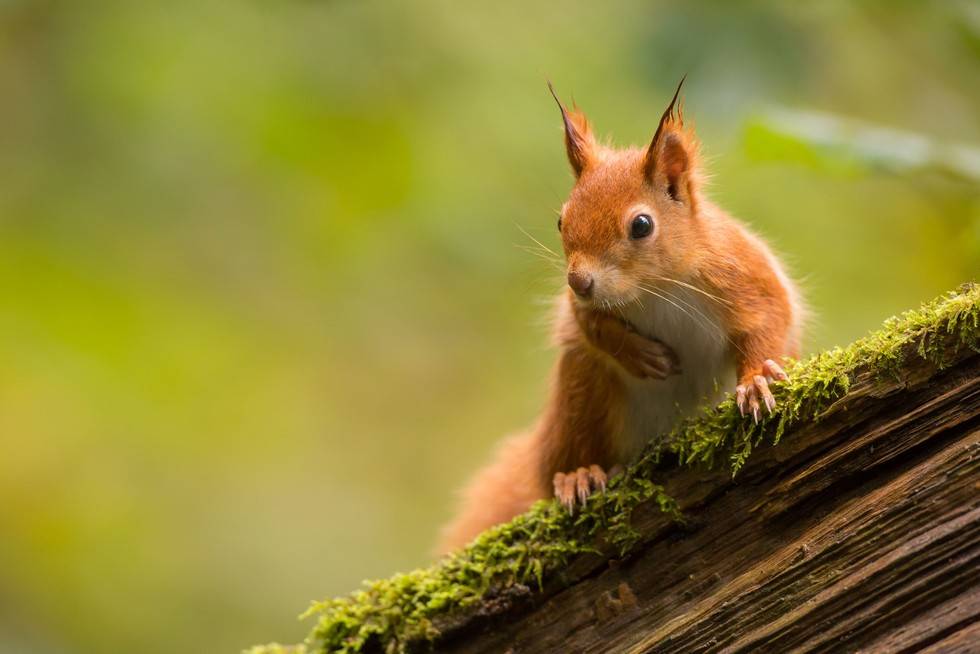The red squirrel (Sciurus vulgaris) is a charming and iconic creature that inhabits forests and woodlands across various parts of the world. Known for its vibrant russet coat and bushy tail, this small mammal holds more secrets than meet the eye. Let's delve into five fascinating facts about the red squirrel that make it truly captivating.
1. Ecological Role: Red squirrels play a crucial role in maintaining the balance of their ecosystems. They are known as "scatter-hoarders," gathering and hiding surplus food in various locations. Inadvertently, they contribute to seed dispersal, aiding in the growth of new plants. This behavior not only shapes the landscape but also influences other species dependent on these plants.
2. Communication Chatter: These squirrels are excellent communicators, utilizing a combination of vocalizations and tail movements. Their distinct calls range from warning signals to express aggression or courtship. The characteristic flicking of their tails serves as a visual indicator, conveying emotions and intentions to other squirrels within their territory.
3. Nutritional Habits: While red squirrels are predominantly herbivorous, their diet can be surprisingly diverse. They feed on a variety of foods, including nuts, seeds, berries, fungi, and even bird eggs. However, their diet can vary based on seasonal availability, showcasing their adaptability to changing environments.
4. Conservation Concerns: Red squirrels face a significant threat from the introduction of non-native gray squirrels, which can outcompete them for resources and transmit diseases. As a result, red squirrel populations have declined in certain regions. Conservation efforts are ongoing to protect these charismatic creatures and restore their habitats.
5. Physical Abilities: The red squirrel boasts remarkable physical capabilities. Their hind legs are longer than their front legs, enabling impressive leaps from tree to tree. Their sharp, curved claws provide an excellent grip on bark and branches, allowing them to navigate trees with agility. Additionally, their bushy tails serve as a multifunctional tool—balancing during leaps, keeping them warm, and even acting as an umbrella during rain.
In conclusion, the red squirrel is not only a delightful sight but also a vital player in the intricate web of nature. Its behaviors, communication methods, dietary preferences, conservation status, and unique physical traits collectively emphasize its significance in maintaining the health and diversity of its habitat. To preserve the charm and contributions of these vibrant creatures, it is imperative that we continue to support conservation initiatives and appreciate the wonders of the natural world.



No comments yet
Be the first to share your thoughts!